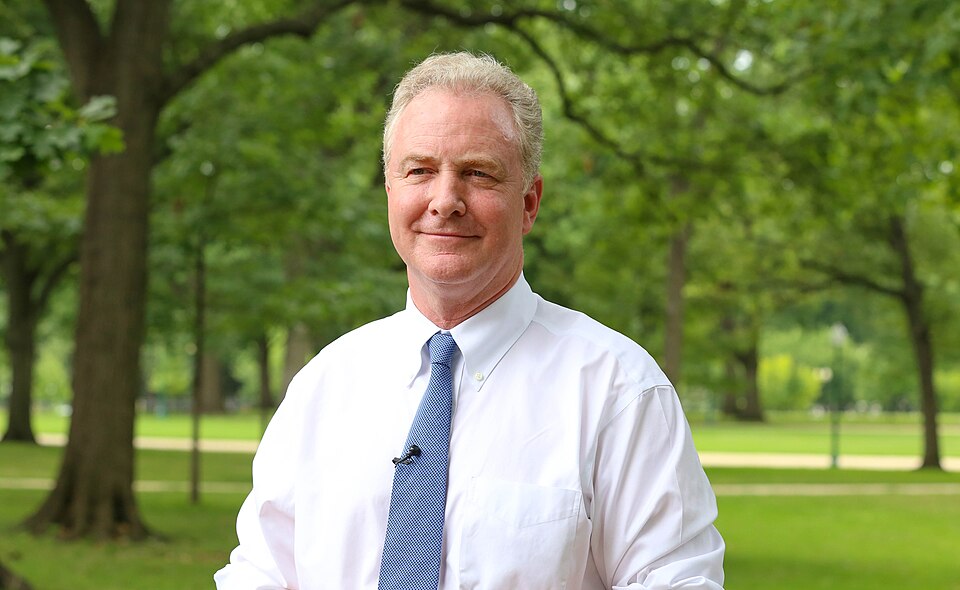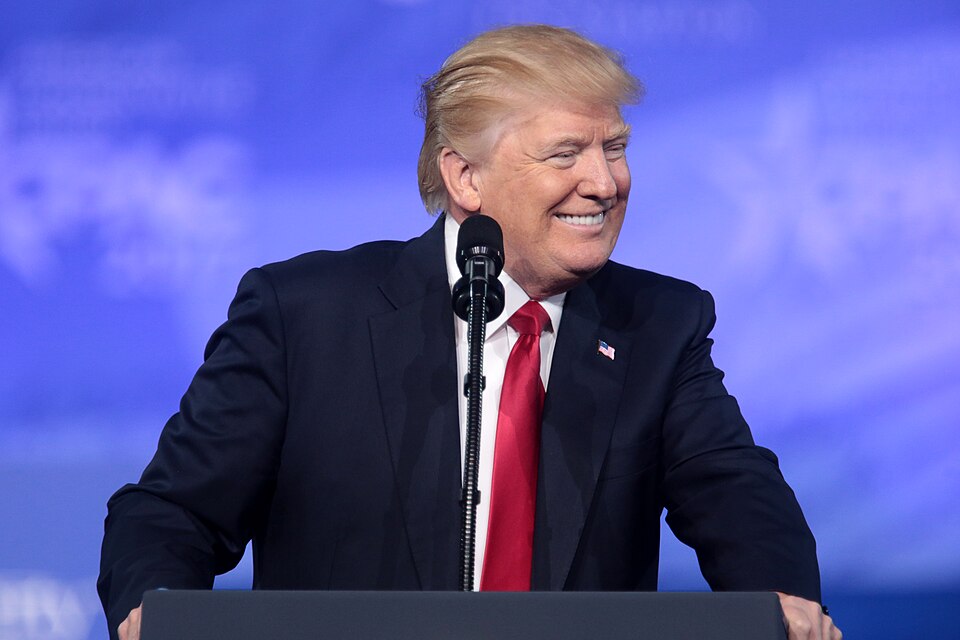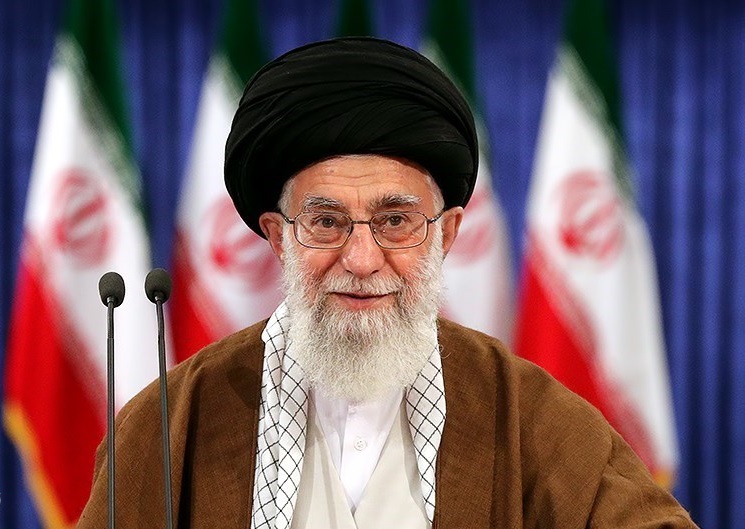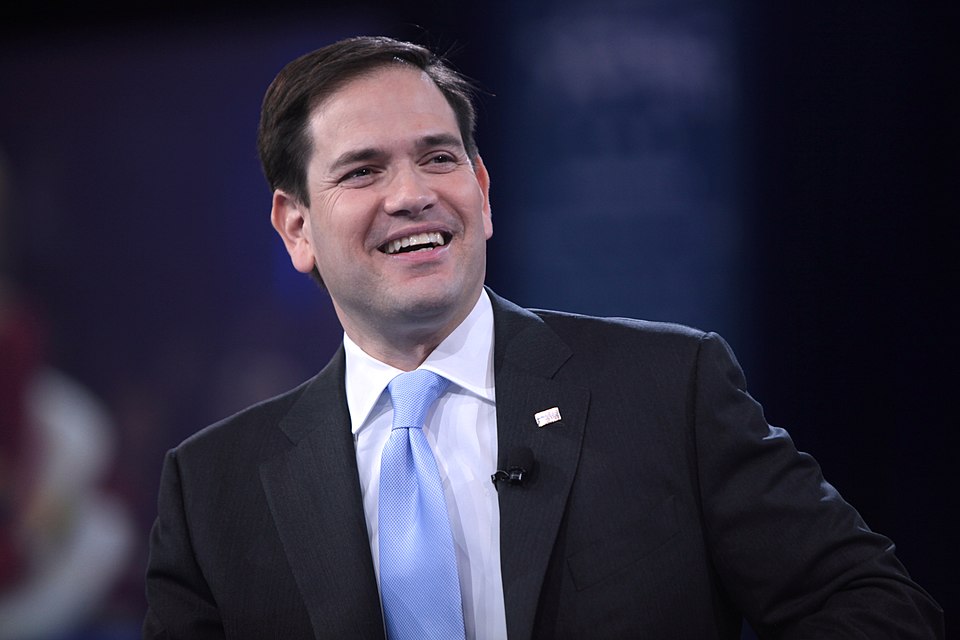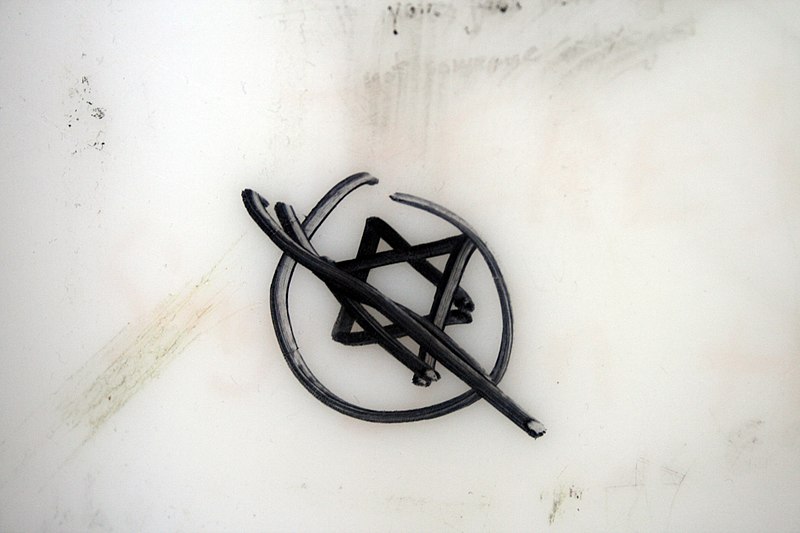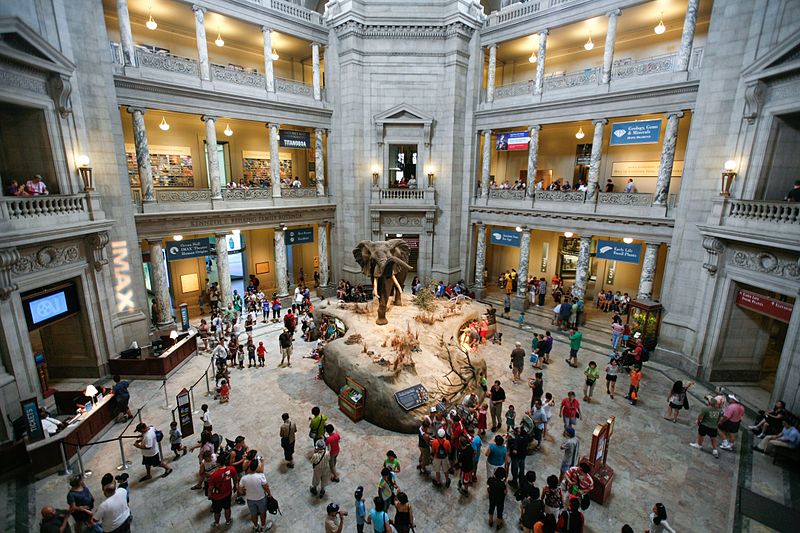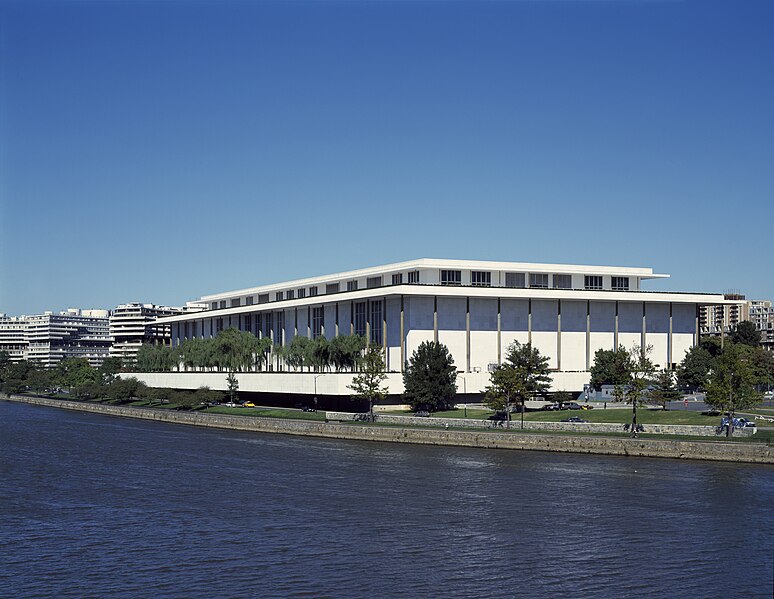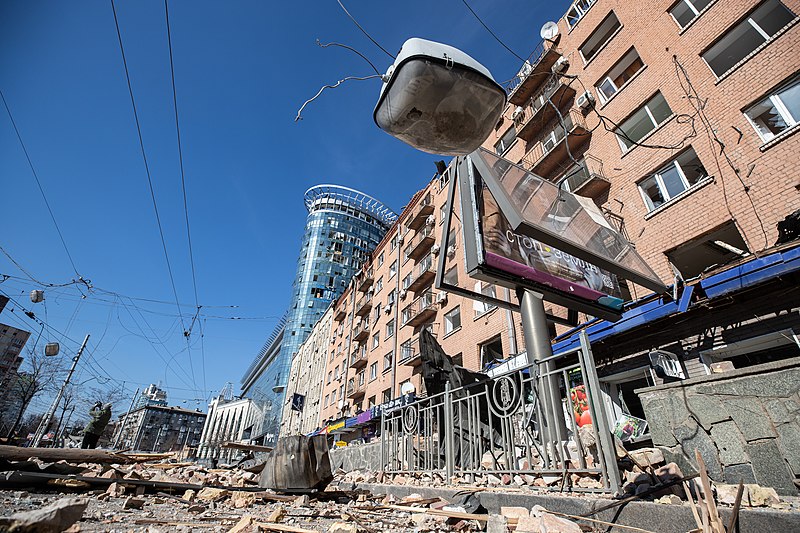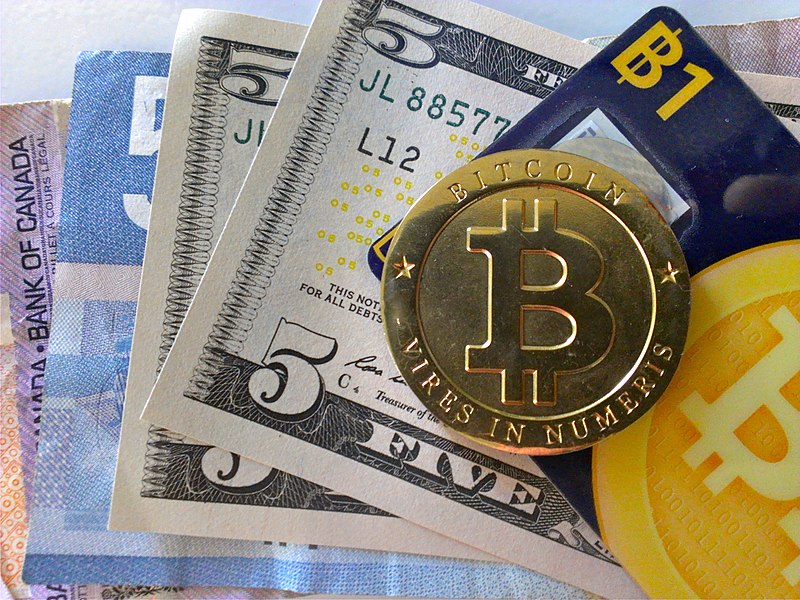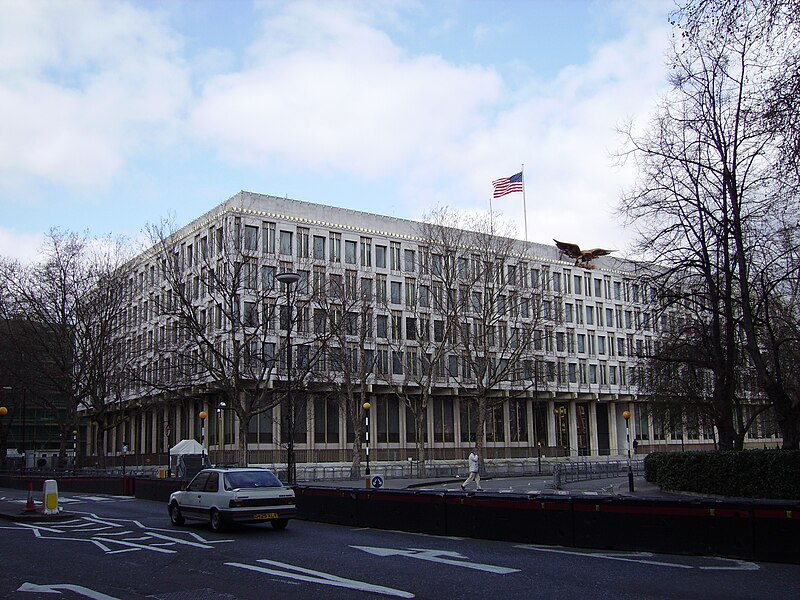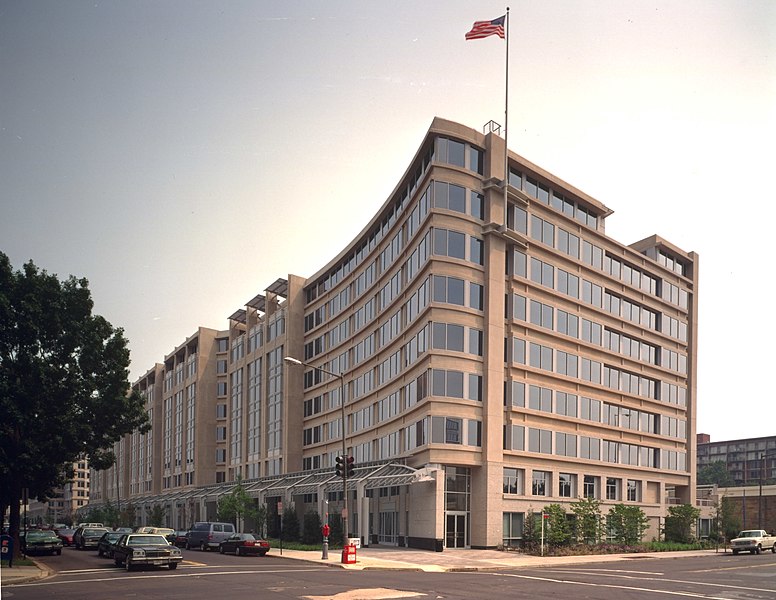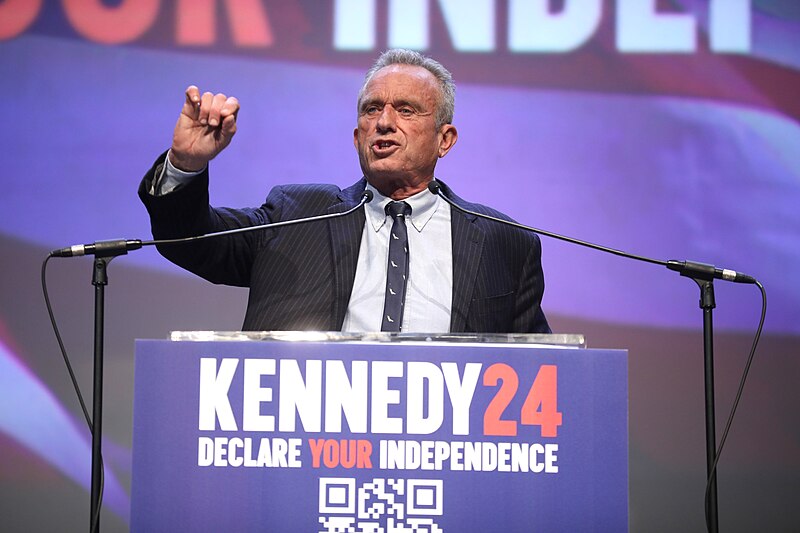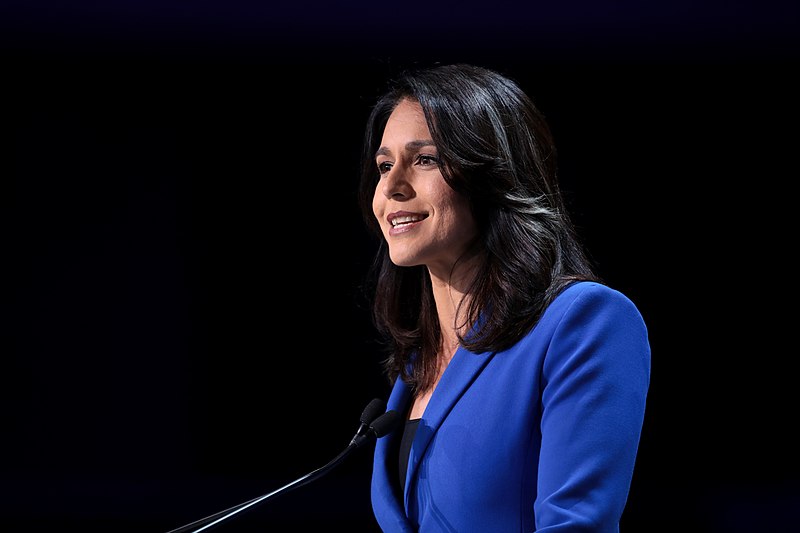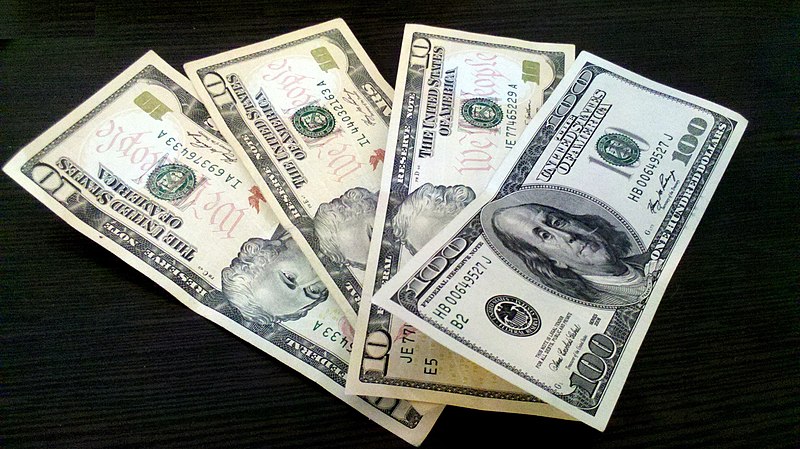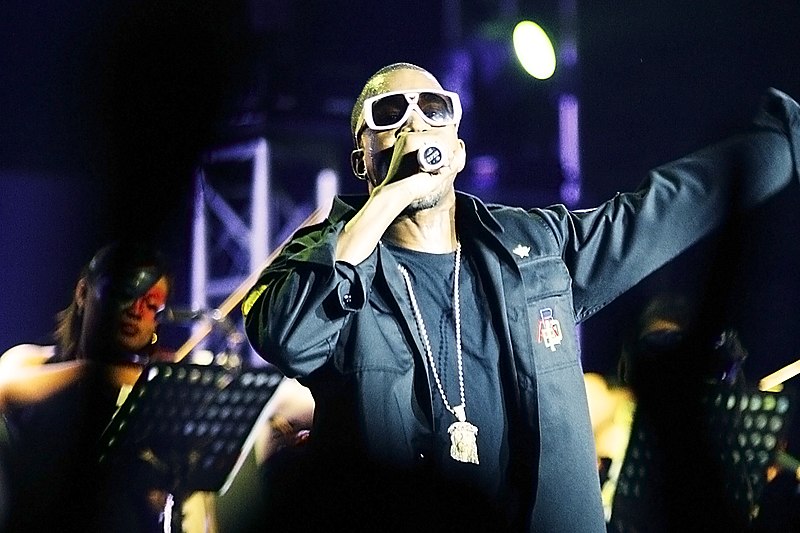
The White House has abruptly canceled a planned press conference between Ukrainian President Volodymyr Zelensky and U.S. envoy Keith Kellogg following their discussions in Kyiv.
The move comes amid mounting tensions between Zelensky and former President Donald Trump, with Washington reportedly urging the Ukrainian leader to moderate his public criticism of Trump.
Zelensky met with Lt. Gen. Kellogg in Kyiv to discuss efforts to end the ongoing war with Russia. Photographers and journalists were initially permitted to capture the opening moments of their meeting, which included a handshake and a seated discussion at the Ukrainian presidential office. However, a scheduled joint press conference was later scrapped at Washington’s request, according to Zelensky’s spokesperson, Serhii Nikiforov, who did not provide a specific reason for the cancellation.
U.S. Pressures Ukraine Over Trump Remarks
The cancellation follows remarks from White House National Security Adviser Mike Waltz, who, in an appearance on Fox News, urged Zelensky to "tone down" his criticism of Trump. The Ukrainian president had previously accused Trump of falling for Russian disinformation, escalating tensions between Kyiv and the former U.S. leader.
“Tone it down, take a hard look, and sign that deal,” Waltz advised, referring to a proposed agreement that would reportedly involve Ukraine granting foreign investors access to its vast natural resources in exchange for security guarantees from the U.S. Waltz described the deal as an “historic opportunity” for Ukraine to secure long-term economic and defense partnerships.
Vice President J.D. Vance echoed Waltz’s sentiments, warning Zelensky against publicly challenging Trump, stating that such actions could backfire. “Badmouthing the president in public media… is an atrocious way to deal with this administration,” Vance said in an exclusive interview.
Trump Escalates War of Words
Trump himself intensified his criticism of Zelensky, labeling him a “dictator” and a “comedian who cratered his country” during a speech in Miami. His comments follow ongoing friction over Ukraine’s exclusion from backchannel negotiations between Trump’s team and Russian officials regarding potential pathways to peace.
At the Conservative Political Action Conference (CPAC), Vance defended Trump’s approach, insisting that his goal was to secure peace in Europe. He called Trump a “smart statesman” and a “good negotiator” capable of handling the complex geopolitics of the conflict.
U.S. Withholds Support for UN Ukraine Resolution
As tensions between Trump and Zelensky rise, Washington has also refrained from co-sponsoring a UN resolution condemning Russian aggression and reaffirming Ukraine’s sovereignty. The move marks a shift from past U.S. positions, as the previous administration had consistently backed such resolutions.
While over 50 nations are reportedly supporting the measure, sources indicate the U.S. has so far declined to sign on, raising concerns about wavering American commitment to Ukraine’s territorial integrity.
Western Peacekeeping Proposal Faces Kremlin Backlash
Meanwhile, a new peacekeeping initiative led by Britain and France is gaining traction. The plan, expected to be introduced by UK Prime Minister Sir Keir Starmer in Washington, envisions the deployment of up to 30,000 British and French troops in Ukraine. Under the proposal, Ukraine’s armed forces would maintain control of the frontlines while NATO-backed peacekeepers guard key infrastructure, with U.S. air support providing a security “backstop.”
However, Russia has dismissed the proposal as “unacceptable.” Russian Foreign Minister Sergei Lavrov warned that the presence of NATO troops in Ukraine would be viewed as a direct threat to Russian security, a stance echoed by Kremlin spokesperson Dmitry Peskov.
Kremlin Welcomes Trump’s Shift in Ukraine Policy
The Kremlin has responded favorably to Trump’s recent statements, with Peskov stating that Moscow “absolutely agrees” with Trump’s call for Ukraine to “move fast” toward a resolution. Russian President Vladimir Putin has also praised Trump for “changing his position” after allegedly gaining a more “objective” understanding of the conflict.
Peskov further criticized the previous Biden administration, claiming it had only focused on war rather than initiating peace talks. He warned that any NATO military presence in Ukraine would escalate tensions rather than facilitate peace.
Future of U.S.-Ukraine Relations in Question
Zelensky’s stance has visibly softened following the diplomatic pressure from Washington. He now emphasizes Ukraine’s commitment to a “strong and useful” agreement with the U.S. on investment and security. However, reports suggest he initially rejected the proposed U.S. deal over concerns it was overly exploitative—comparable to the harsh conditions imposed on Germany after World War I.
With the U.S. appearing to pivot its approach to Ukraine under Trump’s influence, the future of American support remains uncertain. As diplomatic maneuvering continues behind closed doors, Kyiv faces mounting pressure to reassess its strategy in dealing with both Washington and Moscow. Photo by President.gov.ua, Wikimedia commons.


